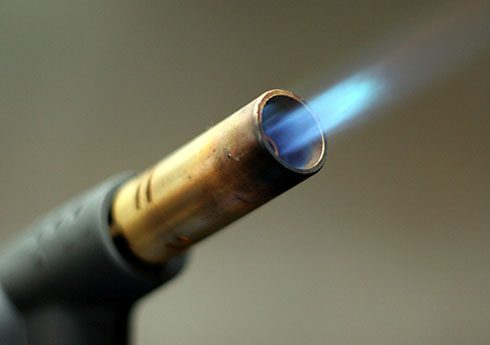
Propane Safety Awareness Tips
Handling propane can be intimidating for an individual who has not received proper training. The Canadian Propane Association publishes a helpful guide for safety tips on handling propane. Below are some brief key points they have outlined:
Lighting pilot lights
If your pilot light it out, it is highly recommended you get a professional in to light it again
Portable cylinder storage
Never dispose of your cylinder in a regular garbage or in recycling
Propane first aid
Propane is nontoxic, but it can still cause a person discomfort. Always seek emergency medical care if you experience any discomfort
Weather emergencies
During a flood or a winter storm, there are proper precautions you have to take with your propane cylinder. Shutting off the gas supply would be the first step.
Running out of propane
Always be aware of the tank levels and let your supplier know when the rate of fuel usage moves up or down.
Treat leaks seriously
If there is a propane leak, you should be able to smell it. If it is mixed with the correct amount of oxygen, it will become flammable and it will ignite.
Carbon monoxide
Carbon monoxide is odorless, colourless and is very toxic. It can start hurting you before you even notice it is a problem.
Appliance maintenance
All propane and propane accessories should be maintained regularly.
Recent Blogs
- Propane: The Cleaner Alternative Fuel
- 5 Tips for a Safe & Productive Workplace
- Aerial Lift Facts
- Respirator Mask Fit Testing FAQ’s
- 5 Steps for Ensuring Safety in the Workplace
- Forklift Safety Training
- Forklift Facts
- What is a Respirator Mask Fit Test?
- Aerial Lift Safety
- WHMIS 2015 Training
- Why Onsite Safety Training Is Popular
- Air Quality a Main Reason for Respirator Mask Fit Testing
- WHMIS 2015 (Workplace Hazardous Materials Information System)
- Forklift Use in the Workplace
- Industrial Lift Equipment Training

